Do You Know Why Apples, Oranges, and Other Fruits Have Stickers?
By Lokmat English Desk | Published: June 14, 2024 11:24 AM2024-06-14T11:24:12+5:302024-06-14T11:35:18+5:30

Often, when purchasing apples or other fruits from the market, you may notice stickers on them. Sellers frequently claim that these fruits are of export quality, which justifies their higher price. This leads us to believe that the presence of stickers signifies superior quality.

Most of us don’t read what's written on apple stickers or consider their significance. This is why 99 percent of people are unaware of the purpose behind these stickers on fruits. Let’s explore what they mean.
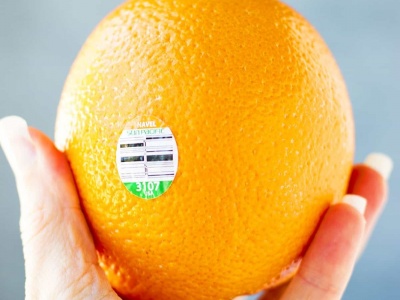
A prominent naturopath based in Delhi, highlights that stickers are now not only applied to apples but also to oranges. Observing the vibrant appearance of apples adorned with stickers, people often assume they must be pricey.
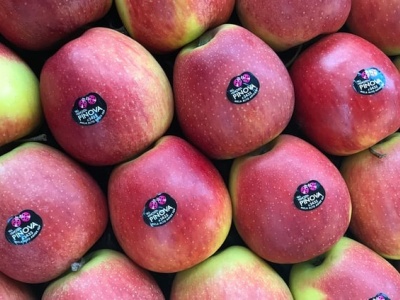
In numerous instances, consumers associate higher prices with apples bearing stickers, yet these stickers are primarily linked to health rather than cost. When purchasing an apple, it's crucial to read the sticker as it provides essential information.
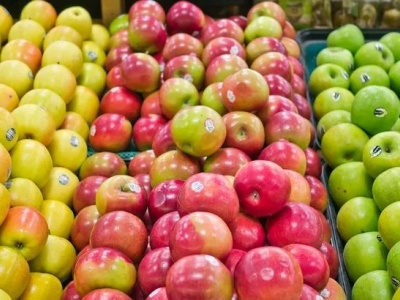
Besides indicating the fruit's price and expiry date, the stickers affixed to fruits also feature a PLU (Price Look-Up) code. This code communicates crucial details about the fruit's quality and cultivation methods, encapsulating three primary categories.
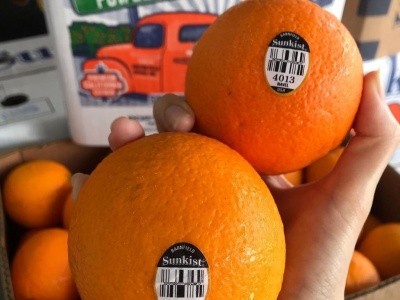
Code starting with 4
Some apples or fruits display a four-digit number on their stickers, typically starting with the digit 4 (e.g., 4026, 4987). This code signifies that these fruits have been cultivated using pesticides and chemicals.

Fruits grown with pesticides are often the least expensive option due to widespread pesticide use in cultivation. Choosing these fruits means opting for produce that has been treated with pesticides.
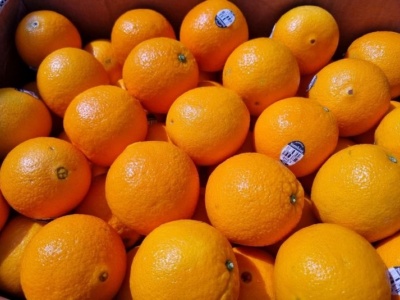
Code starting with 8
Some fruit stickers feature five-digit numbers starting with the digit 8, like 84131 or 86532. These codes indicate that these fruits have been genetically modified.

These fruits are not organic and are identified as products of genetically modified (GM) crops. They may be slightly more expensive than pesticide-grown fruits, offering both advantages and disadvantages.
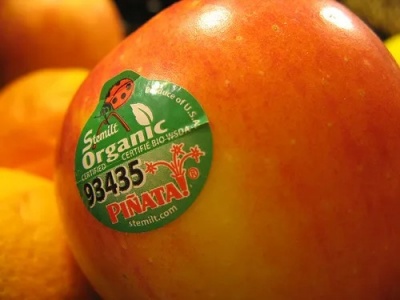
Code starting with 9
Some fruits bear a 5-digit code beginning with the digit 9, such as 93435. This indicates that these fruits are grown organically, without the use of pesticides. They are considered the safest option despite being more expensive, ensuring minimal chemical exposure.
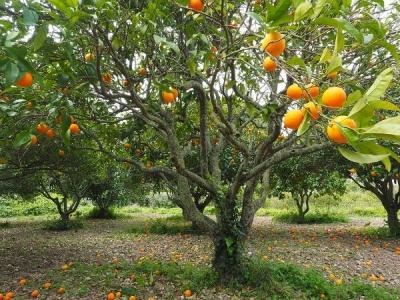
Identify fake stickers
Nowadays, stickers on apples, oranges, and other fruits in the Indian market often bear labels like "export quality," "best quality," or "premium quality" without any specific code. According to Nagendra, these are misleading or fake stickers.

This practice is aimed at deceiving buyers. In such instances, it's advisable to purchase these apples cautiously and thoroughly wash them with hot water before consumption. It's also recommended to cut off the part of the fruit that contains the sticker to ensure safe eating.























